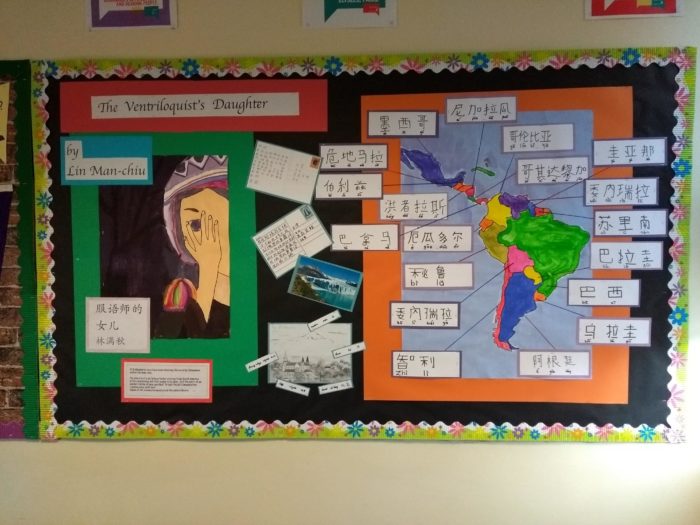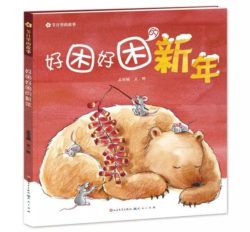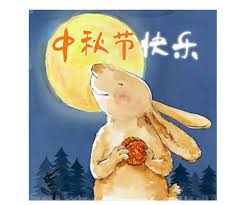Resources for Schools
If you are a teacher hoping to incorporate more Chinese literary texts in your curriculum (in translation or in language lessons), this section is designed for you!

NEW for 2020: Literary texts for use in the Chinese language classroom. All free-to-view, selected by Prof Zhao Xia 赵霞, of Zhejiang University.
Alternatively, to get you started on reading more complex literary pieces in English translation, why not browse some of the short stories in our schools Story Hub, an age-appropriate selection from the complete, free-to-view database of the Read Paper Republic Story Hub?
If you want to get involved further, and contribute to your school library resources (for free), then consider setting up a school bookclub of Chinese literature in translation. The reviews have started coming in - both in written and video form - and it's been great to see the discussions and read the responses.
In partnership with the Mandarin Teachers Network based at the Confucius Institute of the Institute of Education, London, we have a network of teaching ambassadors, who, led by Advisory Board member Dr Theresa Munford, are developing tailored teaching materials to suit the various secondary school curricula. If you're a teacher or PGCE student who would like to get involved in this project, please contact us at writingchinese@leeds.ac.uk.
In 2018 we held our first children's translation competition, open to all students in secondary education. Our second translation competition, in 2020, was held in partnership with Singapore Book Council. The competition texts were picture books by Beijing children's author and illustrator, Meng Yanan 孟亚楠, on the theme of Chinese festivals. For details of our winners see the competition page.
The first prize in each competition was publication of the translation as a bilingual picture book, after a period of mentoring with award-winning translator Helen Wang. The first, of a book entitled 中秋节快乐, was published as Happy Mid-Autumn Festival, by Balestier Press in 2018. The second, whose Chinese title is 好困好困的新年, will be published in 2020 (English title will be announced soon). Why not consider ordering the books for your school library and inspire your pupils -- if a Y12 pupil in London and a Y8 pupil in Kent can become published translators after a few years of Chinese study, who knows what your students can achieve?!


